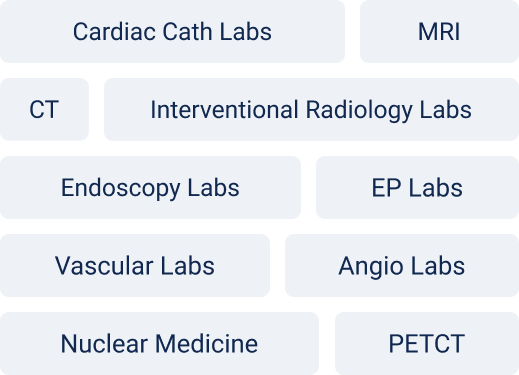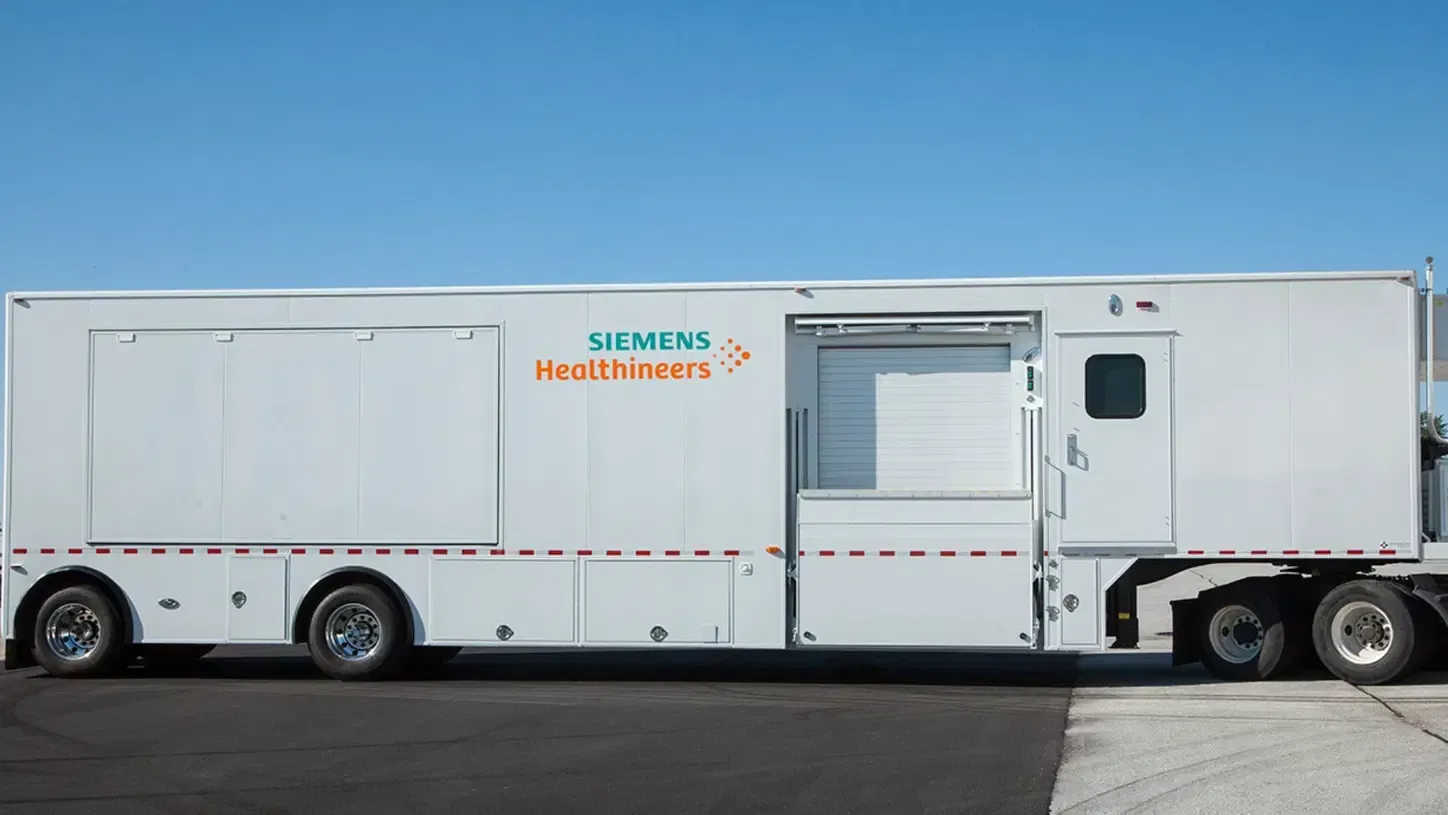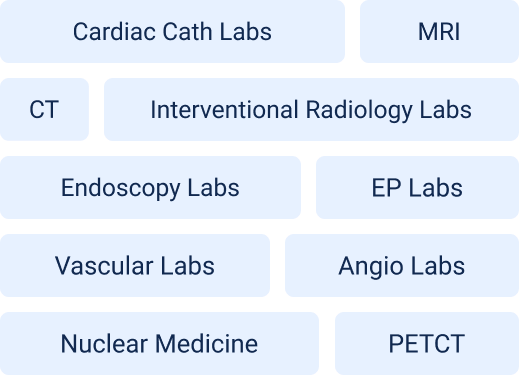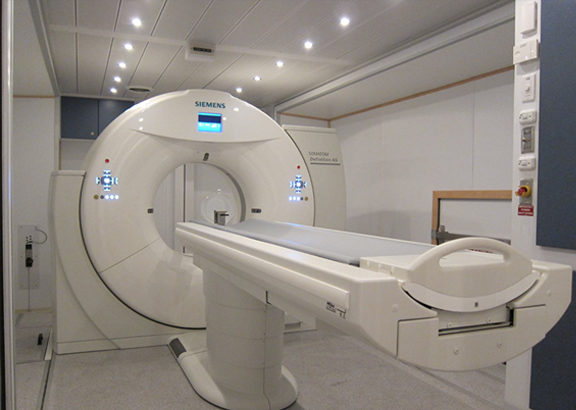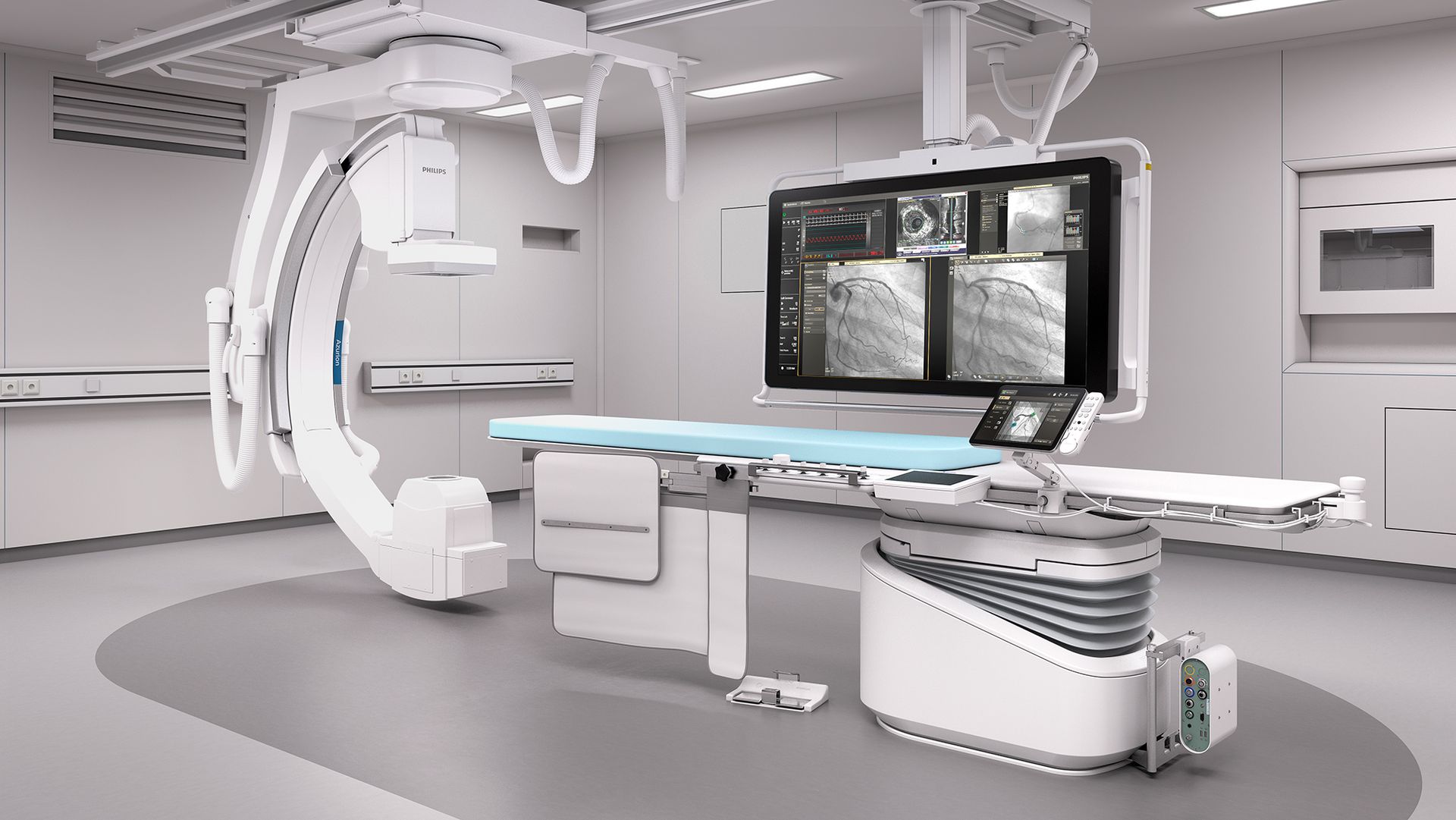How to Start a Mobile Chiropractic Business: Adjusting Lives on the Move
A Unique Business Model To Acquire More Patients

Bringing Chiropractic Care to Your Community, One Adjustment at a Time
Imagine a world where pain relief and holistic wellness are not confined within the walls of a clinic but delivered directly to the doorstep of those in need. A world where you, as a chiropractor, have the freedom to bring your healing hands to patients wherever they are. This is the transformative promise of a mobile chiropractic business.
The Rise of Mobile Chiropractic Services
In today's fast-paced world, convenience is king. Patients seek healthcare solutions that fit into their busy lives without compromising on quality. A mobile chiropractic business meets this demand by offering:
- Accessibility: Reaching patients who may have mobility issues or lack transportation.
- Flexibility: Providing services at homes, workplaces, gyms, or community centers.
- Personalized Care: Building stronger patient relationships through one-on-one attention in comfortable settings.
Learn more about our Mobile Clinic Partnership Programs here.
Why Start a Mobile Chiropractic Business?
1. Tap into a Growing Market
The chiropractic industry is witnessing significant growth as more people turn to alternative and holistic healthcare solutions. By going mobile, you position yourself at the forefront of this expanding market, offering unparalleled convenience that sets you apart from traditional clinics.
2. Lower Overhead Costs
Eliminate the hefty expenses associated with maintaining a physical office space. With a mobile practice, you save on rent, utilities, and staff salaries, allowing you to invest more in high-quality equipment and continuing education.
3. Greater Work-Life Balance
Enjoy the freedom to set your schedule, choose your clientele, and operate in locations that suit you. This flexibility leads to increased job satisfaction and a better balance between your professional and personal life.
Steps to Launch Your Mobile Chiropractic Business
Step 1: Obtain Necessary Qualifications and Licenses
Before adjusting spines, ensure you're legally prepared to operate:
- Educational Requirements: Complete a Doctor of Chiropractic (D.C.) degree from an accredited institution.
- Licensing: Pass the National Board of Chiropractic Examiners (NBCE) exams and obtain state-specific licensure.
- Continuing Education: Stay updated with ongoing education to maintain your license and enhance your skills.
Step 2: Develop a Solid Business Plan
A well-crafted business plan is your roadmap to success:
- Define Your Services: Will you offer general chiropractic care, specialize in sports injuries, pediatric care, or focus on wellness and preventive services?
- Identify Your Target Market: Understand the demographics and needs of your potential patients.
- Financial Projections: Estimate start-up costs, pricing strategies, and revenue forecasts.
- Marketing Strategy: Outline how you will attract and retain clients.
Step 3: Secure Financing
While a mobile business reduces overhead, initial investments are still necessary:
- Start-Up Costs: Include a reliable vehicle, chiropractic equipment (portable tables, tools), insurance, and marketing expenses.
- Funding Options: Consider personal savings, small business loans, or investors. Explore grants available for healthcare providers or small businesses.
Step 4: Equip Your Mobile Practice
Invest in high-quality, portable equipment:
- Portable Chiropractic Table: Lightweight yet sturdy, easy to transport and set up.
- Diagnostic Tools: Portable activators, drop pieces, and adjustment instruments.
- Technology: A laptop or tablet for scheduling, electronic health records (EHR), and patient communications.
- Vehicle Considerations: Depending on your services, you may need a spacious vehicle like an SUV or van to accommodate equipment.
Step 5: Ensure Legal and Regulatory Compliance
Protect your business and patients by adhering to legal requirements:
- Business Registration: Register your business entity (LLC, sole proprietorship, etc.) according to state laws.
- Insurance: Obtain professional liability insurance (malpractice), general liability insurance, and vehicle insurance.
- HIPAA Compliance: Implement protocols to safeguard patient privacy and data security.
- Informed Consent Forms: Develop comprehensive consent and intake forms for new patients.
Step 6: Set Up Efficient Operations
Streamline your business processes:
- Scheduling Software: Use online booking systems to manage appointments efficiently.
- Payment Processing: Set up mobile payment solutions to accept credit cards, cash, or digital payments.
- Record Keeping: Utilize secure EHR systems for patient records and billing.
Step 7: Develop a Marketing and Branding Strategy
Build a strong brand that resonates with your target audience:
- Brand Identity: Create a professional logo, business cards, and a cohesive visual theme.
- Online Presence: Develop a user-friendly website optimized for search engines (SEO) targeting keywords like "mobile chiropractic services" and "chiropractor near me."
- Social Media Marketing: Leverage platforms like Facebook, Instagram, and LinkedIn to engage with potential patients.
- Networking: Attend local health fairs, join professional associations, and collaborate with gyms, wellness centers, and other healthcare providers.
Step 8: Deliver Exceptional Patient Care
Your success hinges on the quality of care you provide:
- Personalized Service: Tailor treatments to individual patient needs and educate them on preventive care.
- Professionalism: Maintain punctuality, dress appropriately, and uphold high ethical standards.
- Patient Feedback: Encourage reviews and testimonials to build credibility and attract new clients.
Step 9: Monitor and Adapt
Continuously evaluate your business performance:
- Track Key Metrics: Monitor patient satisfaction, retention rates, and financial health.
- Seek Continuing Education: Stay abreast of the latest chiropractic techniques and industry trends.
- Adjust Strategies: Be willing to pivot your marketing, services, or operations based on feedback and market changes.
Learn more about our Mobile Clinic Partnership Programs here.
Overcoming Common Challenges
Challenge 1: Building a Client Base
Solution: A mobile adjustment clinic allows you to differentiate yourself from your competitors. Let your community know that you will come to them! And when you do, make sure your mobile adjustment clinic acts as a giant billboard for your practice.
Challenge 2: Managing Logistics
Solution: Plan your schedule and routes efficiently. Use GPS and scheduling apps to minimize travel time and maximize patient appointments.
Challenge 3: Ensuring Patient Privacy
Solution: Conduct treatments in private, comfortable settings. Use portable partitions or screens if necessary to maintain confidentiality during sessions.
Learn more about our Mobile Clinic Partnership Programs here.
Success Stories: Inspiration from the Field
Align on the Go
Aligh on the Go launched her mobile chiropractic business to serve busy professionals in downtown areas. By partnering with corporate offices, they provide lunchtime adjustments, helping employees alleviate stress and improve productivity. Their personalized approach and convenient services have made her a sought-after practitioner in the city.
Community Spine Care
Focusing on underserved rural communities, Community Spine Care travels weekly to towns without easy access to chiropractic care. Their commitment to improving community health has not only filled a vital gap but also fostered strong patient relationships built on trust and compassion.
The Road Ahead: Embrace the Journey
Starting a mobile chiropractic business is both a rewarding and challenging endeavor. It requires a blend of clinical expertise, entrepreneurial spirit, and a genuine desire to improve patients' lives. By bringing your services directly to those in need, you position yourself as a leader in patient-centered care, all while enjoying the freedom and flexibility that comes with a mobile practice.
At Atlas Medical, we're here to support healthcare professionals like you in turning visions into reality. With our expertise in mobile healthcare solutions, we can assist you in navigating the journey of launching your mobile chiropractic business.
Ready to take the next step? Let's drive the future of chiropractic care together.
Partnering with Atlas Medical
Embarking on this journey is monumental, but you don't have to navigate it alone. At Atlas Medical, we specialize in transforming healthcare visions into operational realities.
Why Choose Atlas Medical
- Expertise: We have decades of experience in healthcare solutions and mobile clinic deployment.
- Comprehensive Support: We will guide you in everything from vehicle selection and customization - to reimbursement and financial modeling- to demand testing - to staff training and regulatory compliance - to marketing and demand generation. We become a partner with you and your team for the entirety of your mobile clinic journey.
- Tailored Solutions: We understand that one size doesn't fit all. We customize our services to meet your unique needs and goals.
Learn more about our Mobile Clinic Partnership Programs here.

Sean Schneider
Mobile Project Manager · Atlas Medical
About the Author
Say hello to Sean Schneider - our Mobile Project Manager at Atlas Medical. Sean has worked in the medical imaging industry for over 20 years, including 10 years with Atlas Medical.
Sean has a knack for making complicated projects simple to understand. Around here, Sean's the man who keeps things moving smoothly.
When Sean isn't helping launch our mobile imaging units at new sites he enjoys spending time with his family, golf, and hockey.
Request a Mobile Imaging Solution
Our Services Include:
